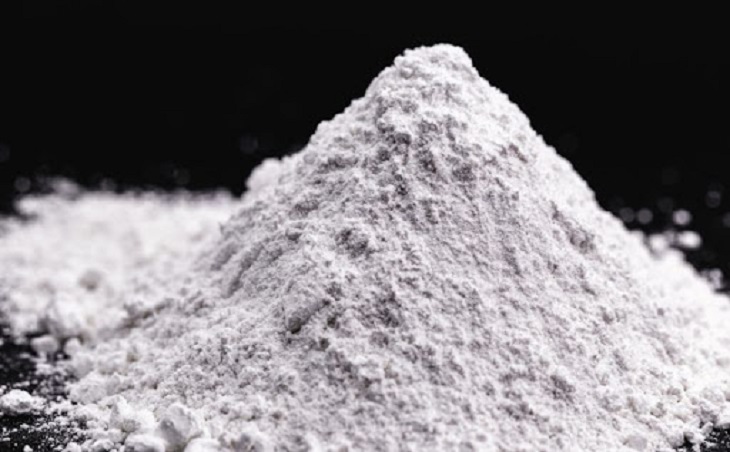Water pollution is a global challenge, and ensuring clean, safe water is essential for the health of communities. Various methods have been developed to purify and treat water, and one such method involves using activated calcium carbonate. This natural compound plays a significant role in improving water quality and removing impurities. In this article, we will explore how activated calcium carbonate is used in water purification and its benefits.
What is Activated Calcium Carbonate?
Activated calcium carbonate is a form of calcium carbonate that has been processed to have a higher surface area and increased reactivity. Calcium carbonate is a naturally occurring substance found in rocks, shells, and even in the human body. However, when it is activated, its ability to interact with pollutants in water improves, making it an effective material for water treatment.
How Does Activated Calcium Carbonate Help in Water Treatment?
Activated calcium carbonate is primarily used in water treatment for its ability to remove impurities, such as heavy metals, organic compounds, and suspended particles. When it is introduced into water, it works by binding to these contaminants, allowing them to be removed more easily during the filtration process.
- Neutralizing Acidity: One of the key roles of activated calcium carbonate is to neutralize acidic water. Acidic water can be harmful to aquatic life and cause corrosion in pipes and other water infrastructure. By neutralizing acidity, it helps maintain the balance of pH in water, making it safer for consumption and use.
- Removing Heavy Metals: Activated calcium carbonate can also help in removing harmful metals like lead, arsenic, and mercury from water. These metals are toxic and pose significant health risks if consumed. The activated form binds to these metals, removing them from the water and making it safer.
- Reducing Suspended Solids: The material can capture suspended particles, such as dirt and debris, that cloud the water. When these particles are removed, the water becomes clearer and more aesthetically pleasing. This also enhances the efficiency of other water treatment processes, like filtration.
Benefits of Using Activated Calcium Carbonate in Water Treatment
The use of activated calcium carbonate offers numerous advantages in the process of cleaning water.
- Cost-Effective Solution: Activated calcium carbonate is relatively inexpensive compared to other water treatment chemicals. This makes it an attractive option for large-scale water purification systems, especially in regions where resources may be limited.
- Eco-Friendly: Being a natural compound, activated calcium carbonate is environmentally friendly and non-toxic. It does not introduce harmful chemicals into the water, making it a safer choice for both humans and the environment.
- Improved Water Quality: By efficiently removing harmful contaminants, activated calcium carbonate improves the overall quality of the water. It helps in producing cleaner, safer water that is suitable for drinking, irrigation, and industrial use.
- Versatility: Activated calcium carbonate is used in various water treatment methods, from municipal water treatment plants to smaller-scale systems for private homes or industries. Its versatility makes it applicable in a wide range of water purification processes.
Applications in Water Purification Systems
Activated calcium carbonate is commonly used in a variety of water treatment processes. It is often used in municipal water plants, industrial water treatment systems, and even in home water purification devices. Additionally, it can be found in systems designed to treat wastewater, helping to improve the quality of water before it is returned to the environment.
For industries, activated calcium carbonate can be used to purify water for manufacturing processes, ensuring that the water meets specific quality standards. In agricultural settings, it can be used to treat irrigation water, removing harmful elements that could affect crops and soil health.
Conclusion
Activated calcium carbonate plays a crucial role in cleaning water by removing impurities, neutralizing acidity, and enhancing water quality. Its ability to bind with harmful substances, such as heavy metals and suspended solids, makes it an effective and eco-friendly solution for water purification. Its cost-effectiveness and versatility ensure that it remains an important tool in both large-scale municipal water treatment and smaller, specialized systems. As the demand for clean water continues to grow, activated calcium carbonate will likely continue to play a key role in ensuring safe and drinkable water for communities worldwide.

